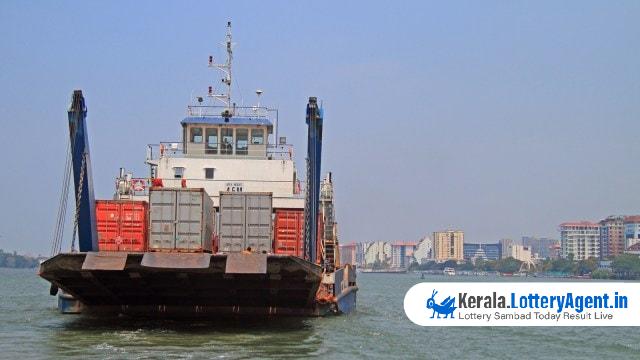
As India and Australia delve deeper into discussions to expand an initial trade pact into a far-reaching agreement, an Australian parliamentary committee’s report has cast a spotlight on the issue of child labor in India. Released to legislators, the report critically appraises the current trade deal, suggesting it could conflict with Canberra’s core policy goals. The 2022 trade deal, inked under the then Australian Prime Minister Scott Morrison’s administration, eliminated tariffs on 96 percent of Indian exports to Australia, spanning numerous sectors known for labor-intensive practices. With India amassing nearly $8 billion in exports to Australia in FY24, marking a 15 percent boost from the prior year, the trade relationship is significant.
This debate arises as both nations negotiate under the aegis of Australia’s new Prime Minister, Anthony Albanese, of the centre-left Labor Party. The existing trade deal, known as the Economic Cooperation and Trade Agreement (ECTA), has been touted for its benefit to Indian exporters. Yet, the April-submitted parliamentary report cautions that the agreement does not fully consider international labor standards, urging the Australian government to refrain from establishing trade deals with nations that flout these global norms. It also recommends that trade agreements incorporate a labour chapter consistent with International Labour Organization (ILO) core conventions. Commerce and Industry Ministry inquiries went unanswered at the press deadline.
Citing the Australia-India Economic Cooperation and Trade Agreement (A-IECTA), the report contends that significant portions of Indian child and forced labour contribute to global modern slavery statistics. It argues that past trade agreements have, at times, facilitated lower production and labour standards, unwarranted migration preferences, and an influx of imports adhering to subpar environmental protocols.
Trade experts and economists, however, have noted that injecting international labor standards into trade accords often serves as a cloaked form of protectionism masquerading as humanitarian concern. A 2022 study by the Centre for WTO Studies found that instantly applying international labor standards could detract from overall global economic welfare for both developing and developed nations.
Moreover, the WTO and related trade accords, some argue, fail to ensure better wages or labor conditions and do not prevent job migration from industrialized countries. In fact, such policies could exacerbate conditions for workers in developing nations. An Organisation for Economic Co-operation and Development (OECD) research stressed that while nations enhancing core labor standards can spur growth and efficiency through higher skill levels and innovation, there is no direct correlation suggesting countries with lower standards fare better in exports.
According to India’s 2011 census data, around 10.1 million children aged five to fourteen are engaged in labor across the country, with over half of that workforce concentrated in five states: Bihar, Uttar Pradesh, Rajasthan, Madhya Pradesh, and Maharashtra. An Indian parliamentary standing committee echoed that while there was a decline in child labor from 2001 to 2011, the trend is more pronounced in rural areas, likely compounded by migration, and urban child labor across sectors may have risen due to the economic impacts of the Covid-19 crisis.
This Australian parliamentary report arrives amid strained diplomatic ties, following Australian media allegations suggesting Indian espionage in Australia, which have been labeled ‘speculative’ by New Delhi and not confirmed by the Australian government.
The report also scrutinized the absence of labor or human rights provisions in the China-led Regional Comprehensive Economic Partnership (RCEP), which Australia joined but India did not. More than half of the RCEP’s participants rank poorly for workers’ rights. The Australian joint committee insisted that trade and investment agreements should embed labor rights to protect domestic producers against competition from regions with lesser standards and to prevent exacerbating worker exploitation.
Ultimately, the debate hinges on the principle that fair trade should not precipitate a downward spiral in workers’ rights, advocating enforceable labor standards as critical to maintaining equity and preventing companies from exploiting lower wages and conditions in different jurisdictions.













